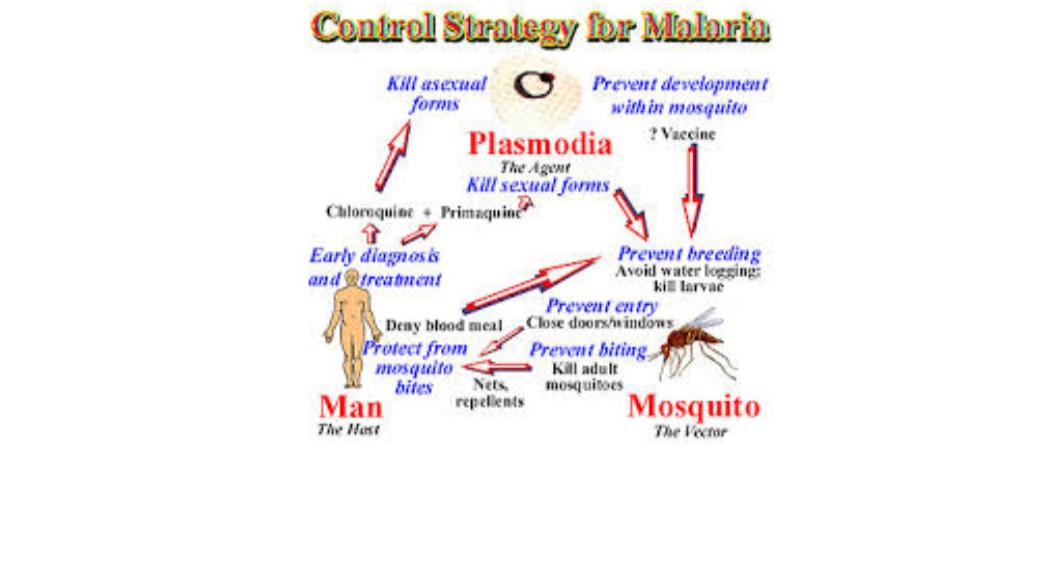
This intensive course provides a comprehensive overview of the principles and practices of managing malaria control programs. Participants will gain essential knowledge and skills to effectively plan, implement, monitor, and evaluate malaria control programs, and to address the complexities of malaria prevention and treatment.
The course covers key topics including the epidemiology of malaria, prevention strategies, treatment and case management, program planning, monitoring and evaluation, financial management, human resources, community engagement, policy and advocacy, and ethical considerations. Participants will engage in case studies, group discussions, and practical exercises to develop real-world skills and apply their learning to various program settings.
Who should attend the training
Objectives of the training
Personal benefits
Organizational benefits
Training methodology
Trainer Experience
Our trainers are experienced public health professionals with extensive knowledge of malaria program management, global health, and development. They hold advanced degrees in public health and have a proven track record of success in managing and evaluating malaria control programs in diverse settings. They combine academic expertise with practical experience, providing participants with valuable insights and actionable strategies.
Quality statement
This training program is designed to meet the highest standards of quality and relevance. We are committed to providing participants with a dynamic and engaging learning experience that will equip them with the knowledge and skills necessary to excel in the management of malaria control programs.
Tailor-made courses
We offer customized training programs tailored to the specific needs of organizations. Our tailor-made courses can be delivered on-site or at our training facilities, and can be adapted to address the unique challenges and objectives of your team.
Course Duration: 5 days
Training fee: USD 1300
Requirements:
· Participants should be reasonably proficient in English.
· Applicants must live up to Armstrong Global Institute admission criteria.
Terms and Conditions
1. Discounts: Organizations sponsoring Four Participants will have the 5th attend Free
2. What is catered for by the Course Fees: Fees cater for all requirements for the training – Learning materials, Lunches, Teas, Snacks and Certification. All participants will additionally cater for their travel and accommodation expenses, visa application, insurance, and other personal expenses.
3. Certificate Awarded: Participants are awarded Certificates of Participation at the end of the training.
4. The program content shown here is for guidance purposes only. Our continuous course improvement process may lead to changes in topics and course structure.
5. Approval of Course: Our Programs are NITA Approved. Participating organizations can therefore claim reimbursement on fees paid in accordance with NITA Rules.
Booking for Training
Simply send an email to the Training Officer on training@armstrongglobalinstitute.com and we will send you a registration form. We advise you to book early to avoid missing a seat to this training.
Or call us on +254720272325 / +254725012095 / +254724452588
Payment Options
We provide 3 payment options, choose one for your convenience, and kindly make payments at least 5 days before the Training start date to reserve your seat:
1. Groups of 5 People and Above – Cheque Payments to: Armstrong Global Training & Development Center Limited should be paid in advance, 5 days to the training.
2. Invoice: We can send a bill directly to you or your company.
3. Deposit directly into Bank Account (Account details provided upon request)
Cancellation Policy
1. Payment for all courses includes a registration fee, which is non-refundable, and equals 15% of the total sum of the course fee.
2. Participants may cancel attendance 14 days or more prior to the training commencement date.
3. No refunds will be made 14 days or less before the training commencement date. However, participants who are unable to attend may opt to attend a similar training course at a later date or send a substitute participant provided the participation criteria have been met.
Tailor Made Courses
This training course can also be customized for your institution upon request for a minimum of 5 participants. You can have it conducted at our Training Centre or at a convenient location. For further inquiries, please contact us on Tel: +254720272325 / +254725012095 / +254724452588 or Email training@armstrongglobalinstitute.com
Accommodation and Airport Transfer
Accommodation and Airport Transfer is arranged upon request and at extra cost. For reservations contact the Training Officer on Email: training@armstrongglobalinstitute.com or on Tel: +254720272325 / +254725012095 / +254724452588
| Course Dates | Venue | Fees | Enroll |
|---|

Armstrong Global Institute
Typically replies in minutes